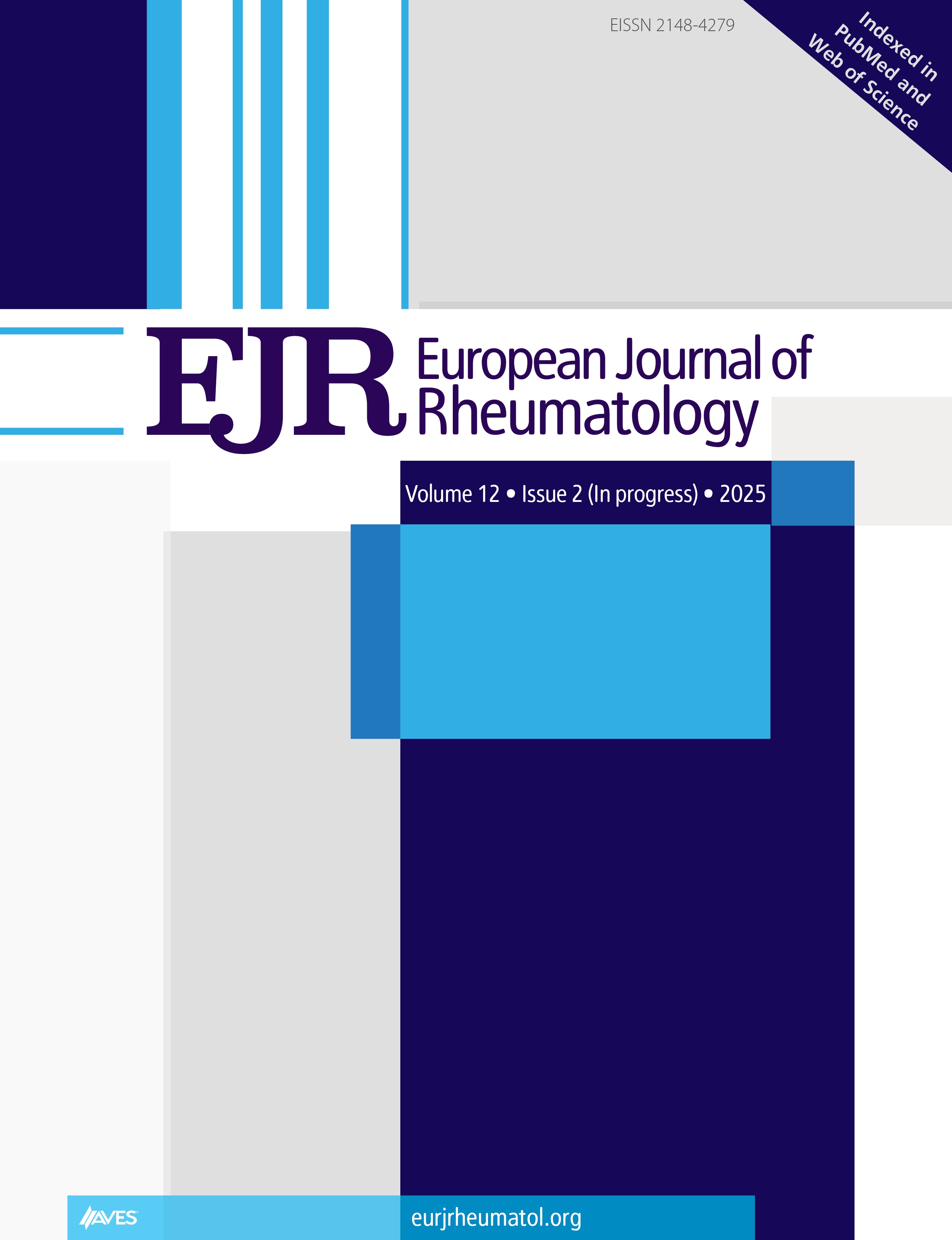Abstract
Bilharziasis is a parasitic disease that affects the urinary tract and intestines. Finding bilharzia in joints is exceptional. We report two cases of Malagasy patients living in a highly endemic bilharziasis area and having chronic arthritis due to bilharziasis. The first case was a 32-year-old man presenting with a clinical picture of spondylitis with chronic oligoarthritis and paroxysmal asymmetric in his lower limbs, accompanied with sacroiliac pain and episodic dysentery. We retained the diagnosis of bilharziasis arthritis because of positive schistosomiasis serology in the joint fluid and the blood, poor response to therapy with nonsteroidal anti-inflammatory drugs (NSAIDs), and high efficacy of treatment with specific antiparasitic drugs. The second case was a 42-year-old woman with pain in her knees, hips, and low back for 1 year. She was presented inflammatory pain which were persisting despite the use of non steroidal anti inflammatory drugs. She had a history of splenectomy resulting to a splenomegaly by liver-spleen schistosomiasis. Results of paraclinical examinations were similar with the first case as well as the high efficacy of anti-parasitic treatment. Schistosoma haematobium and S. mansoni are the endemic strains found in Madagascar. The lifestyle of the Malagasy population exposes them to recurrent infestations, even massive. If the affinity for joint of schistosoma is known, the diagnosis of bilharzial arthropathy is exceptional. The diagnosis is based on a set of clinical and biological arguments as well as evolution. Serological testing for bilharzia in joint fluid could be an efficient way of diagnosis. So, in a country where bilharzia is endemic, clinical presentation of spondylitis or nondestructive chronic polyarthritis should lead to bilharzia arthropathy.
Cite this article as: Rakotomalala HN, Ranaivoarison MV, Andrianjafison F, Ralandison DS.Bilharzial arthropathy: Rare cause of chronic arthritis in tropical areas. Eur J Rheumatol 2017; 4: 229-30.



.png)